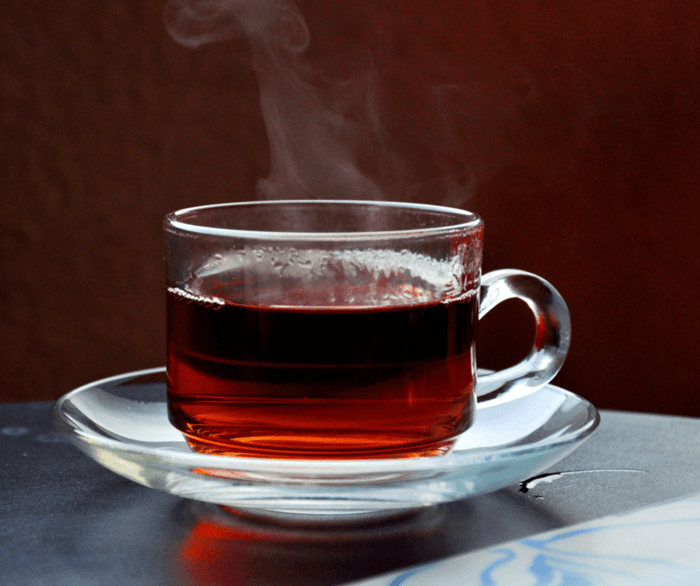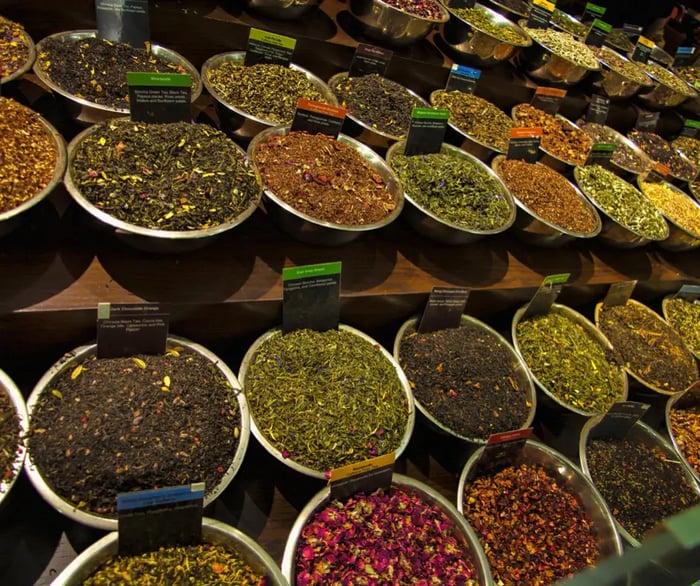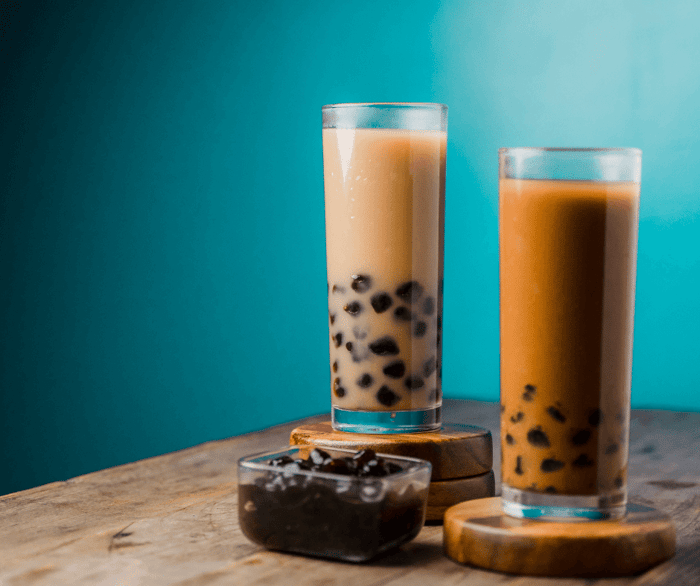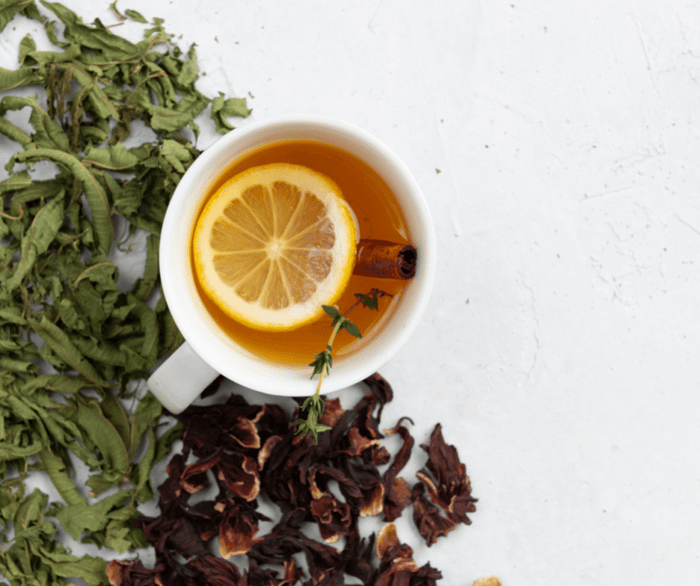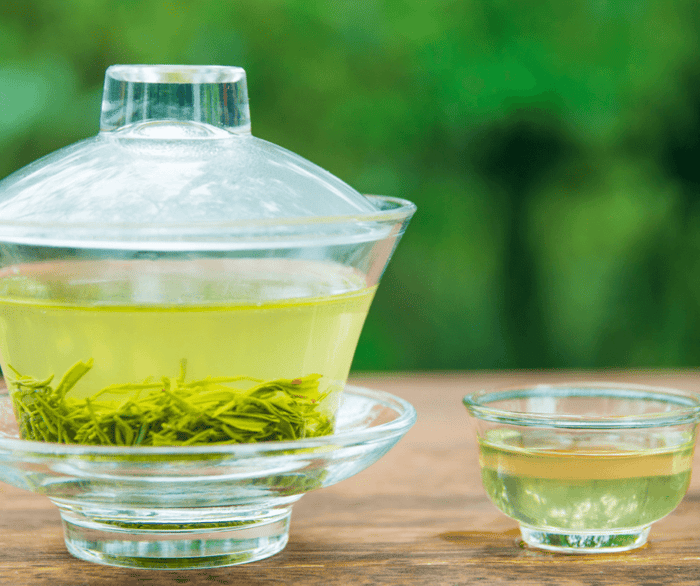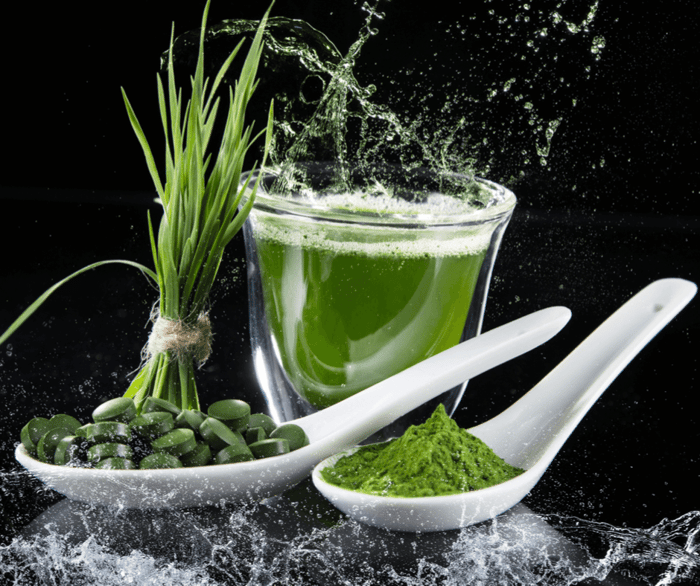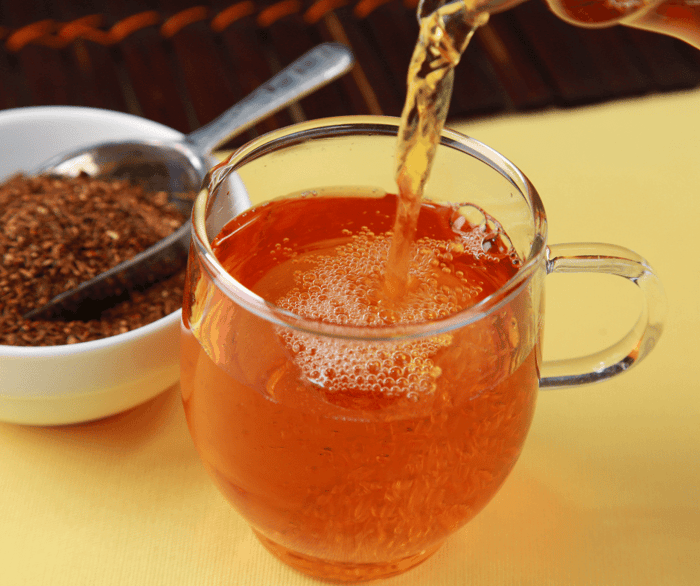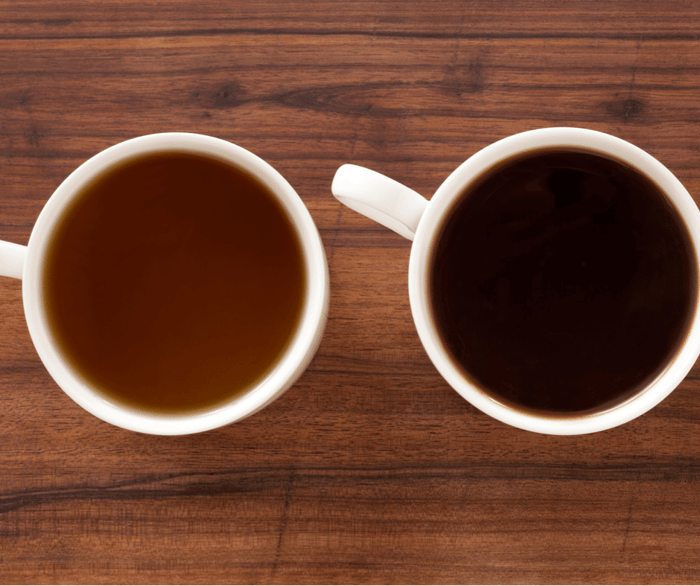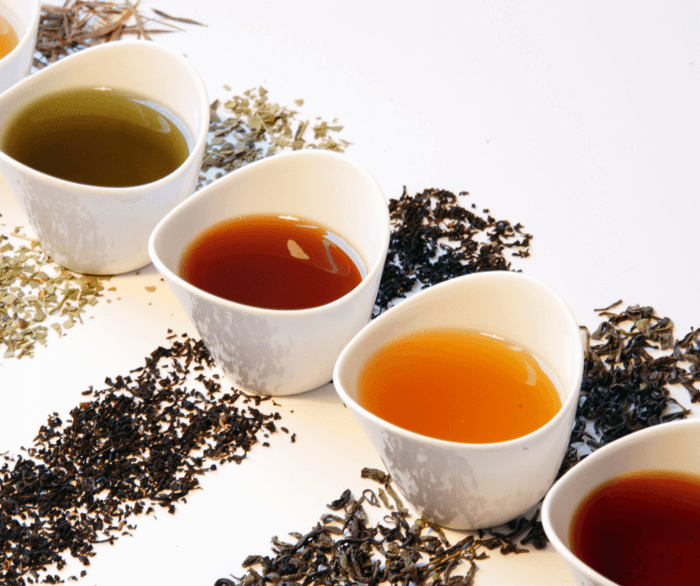Theine is a naturally-occurring stimulant found in tea. It's the compound responsible for many of the effects of the true teas—black, green, and white teas—that help to improve energy, focus, and mental alertness.
Theine also has numerous health benefits, such as promoting weight loss, reducing inflammation, and improving heart health. What's more, it can even help you be more productive, more creative, and keep you awake when you need it most.
Sound familiar? It should.
That's because theine is simply another name for caffeine—in tea. In fact, in some places, the two terms are used interchangeably.
Why?
Well, that’s a funny story.
See, theine was first discovered in tea by French chemists in the early 1800s. For about a decade, it was thought to be a different substance than caffeine. Then, some Dutch and German chemists found that they were exactly the same thing, so the word "theine" was mostly dropped in favor of the word “caffeine.”
Did I say "funny"? I meant "short."
Some parts of the tea community still refer to the caffeine in tea as theine, and they're not incorrect.
It's still considered perfectly acceptable to refer to caffeine as theine specifically when it's in tea—just not the other way around.
Referring to theine in coffee doesn't make sense (unless you poured a cup of tea into your coffee).
Other than that, as long as you're not confusing theine with theanine, you're fine.
A Theine by Any Other Name
While the "theine" in tea and the caffeine in coffee are—in all scientific terms—identical, you could say that theine and caffeine in tea and coffee respectively feel a little bit different when they’re consumed.
Now, how is that possible? They're literally the same molecule.
Here's why:
- For one thing, there's much less caffeine in a cup of tea than in a cup of coffee. On average, a cup of tea has, at most, about half the caffeine of a cup of coffee; usually less than that.
- On top of that, the way that caffeine is metabolized in the body is different when it comes from tea as opposed to coffee. When you drink tea, the caffeine is metabolized more slowly, which results in a more gradual and longer-lasting release of energy. In other words (literally) "theine" gives you a different kind of buzz. This difference in the way that tea and coffee affect the body is due to the fact that tea also contains other compounds, like catechins and flavonoids, which interact with caffeine to provide a unique set of benefits.
- Teas contain the unique amino acid, L-theanine. It counteracts some of the stimulating effects of caffeine with a sense of relaxation (importantly, without any appreciable reduction in "alertness")
So to recap, theine and caffeine are one and the same. The term "theine" is simply another name for caffeine that is found in tea.
However, there are some subtle differences between the "experiences" that one associates with caffeine from coffee and caffeine from tea, which is probably why the term theine has continued to stick around among tea enthusiasts.
Theine... Caffeine... Ultimately, it doesn't really matter what you call it—just don't call it late for tea.
(Was that a bad joke? Sorry... I'll try my best to do better next theine.)
Looking for an exciting new tea to try—with or without theine? We've got you covered. Shop our massive collection of caffeinated, decaffeinated, and caffeine-free teas here!
Want More Coffee Content?
- Daily Coffee Grind - Click Here
- Coffee Reviews - Click Here
- Coffee Brewing Guides - Click Here
- Coffee Brewer Reviews - Click Here
- All Things Tea - Click Here
- How Much Caffeine Is In It? - Click Here

